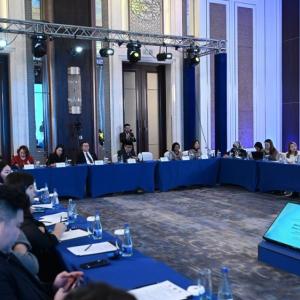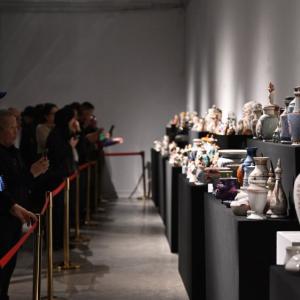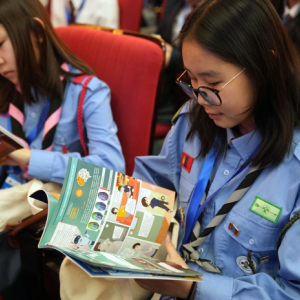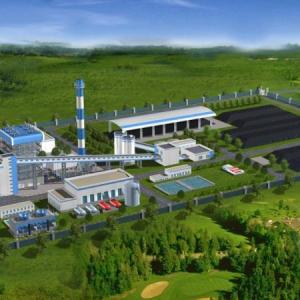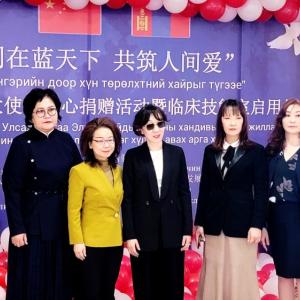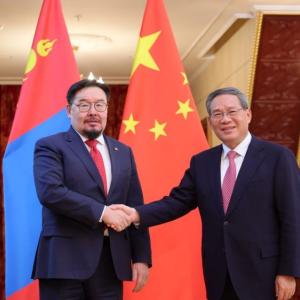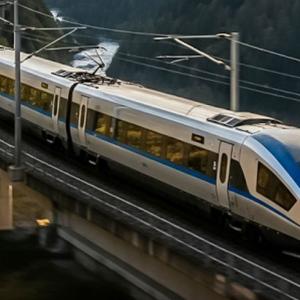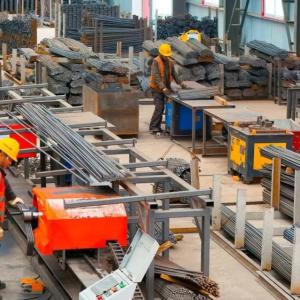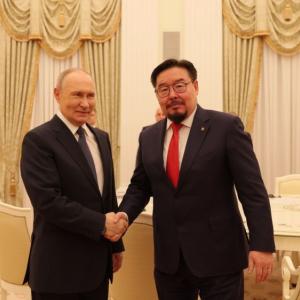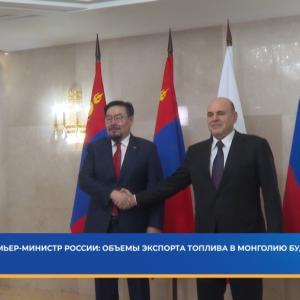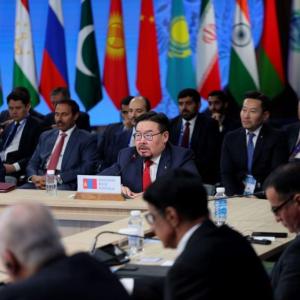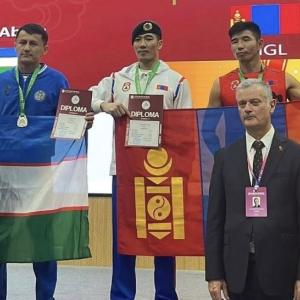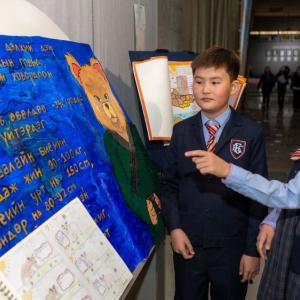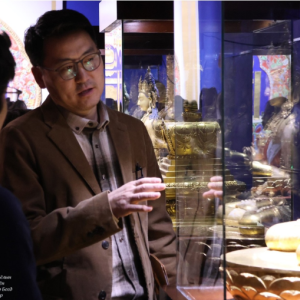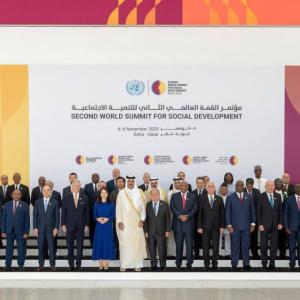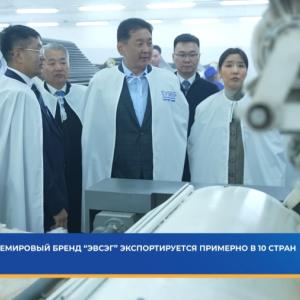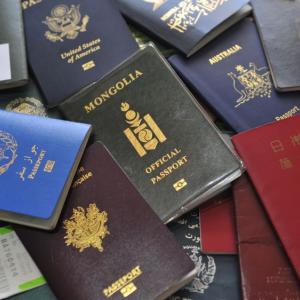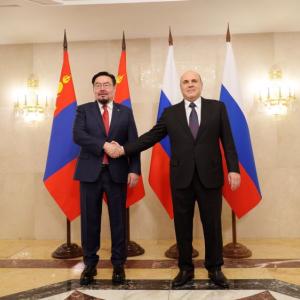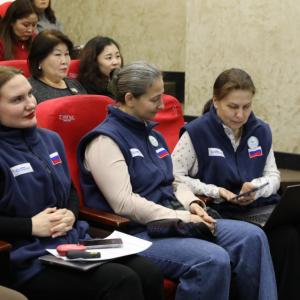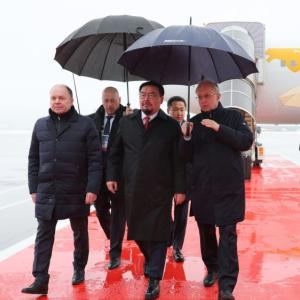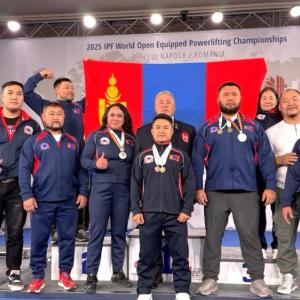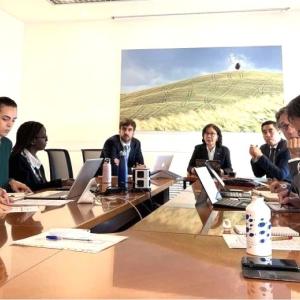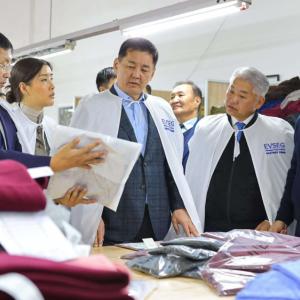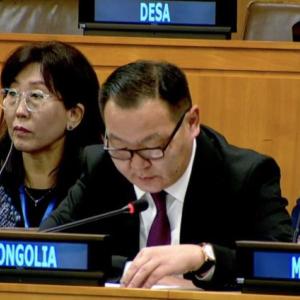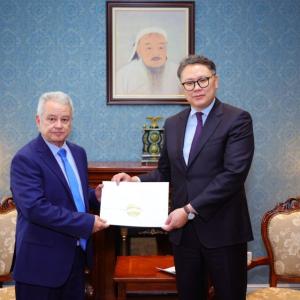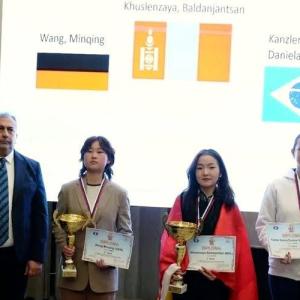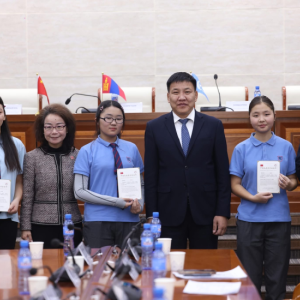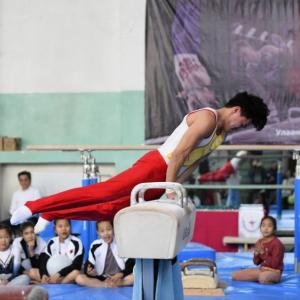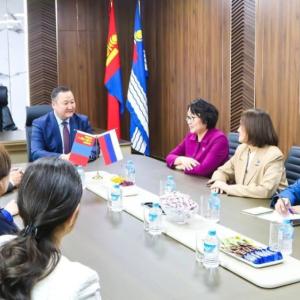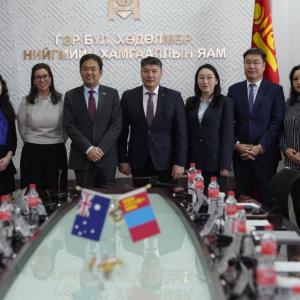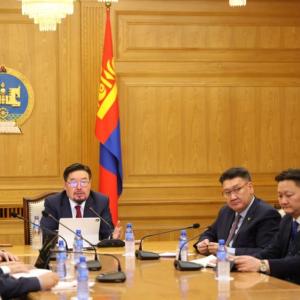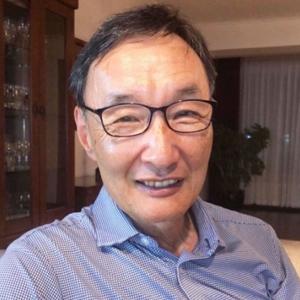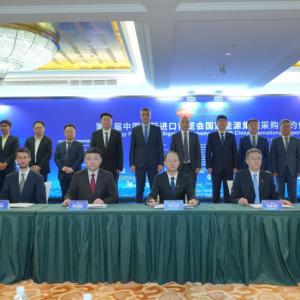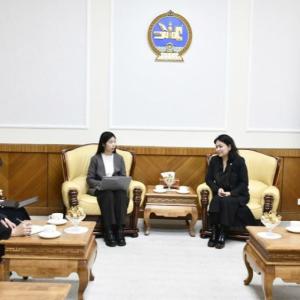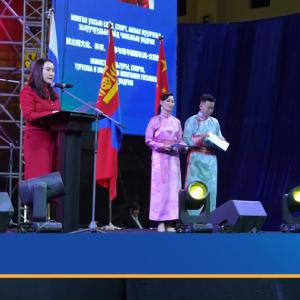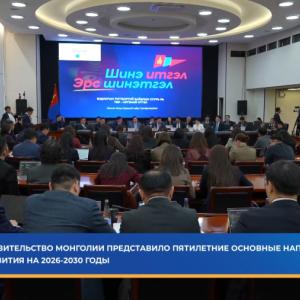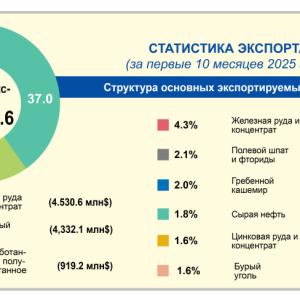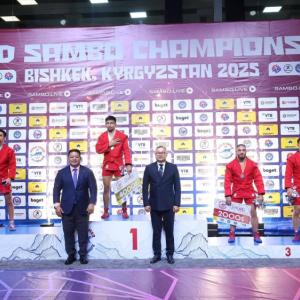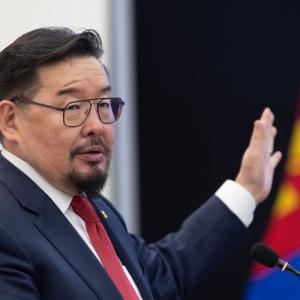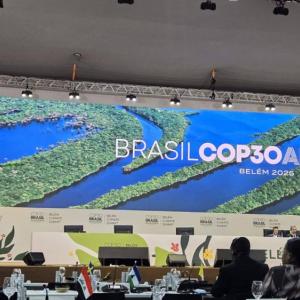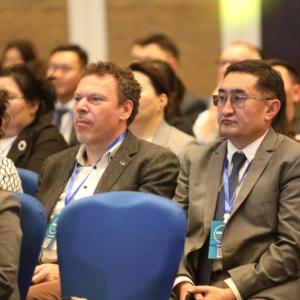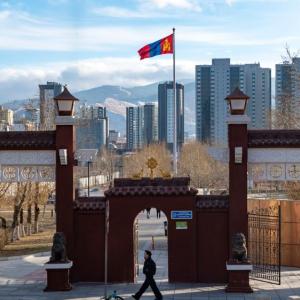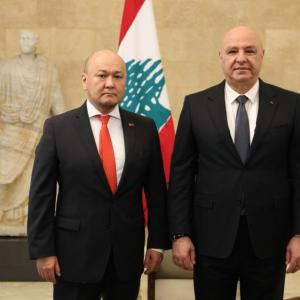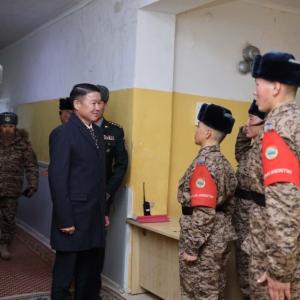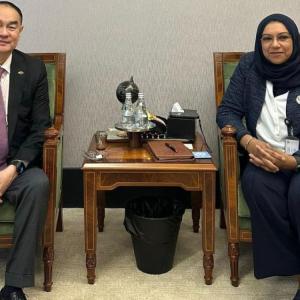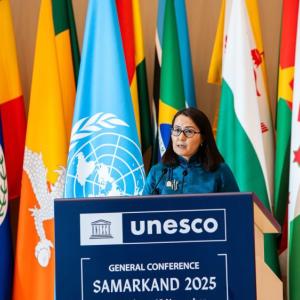Mongolia, South Korea Advance Bilateral Agenda
Politics
Ulaanbaatar, November 20, 2025
/MONTSAME/. The Governments of Mongolia and the Republic of Korea
reaffirmed their commitment to bilateral cooperation at the 9th Intergovernmental
Joint Committee Meeting in Ulaanbaatar on November 19, 2025.
Co-chaired by Byambatsogt Sandag, Minister and Chief of Cabinet Secretariat of Mongolia, and Kim Jina, Vice Minister of Foreign Affairs of the Republic of South Korea, the two sides held in-depth discussions spanning multiple areas of cooperation, including trade, investment, mineral resources, energy, road transport, environmental protection, education, healthcare, and civil service reform.
Industrial Projects
To advance economic diplomacy,
both sides agreed to promote the participation of Korean enterprises in open
tenders for major industrial development projects in Mongolia. These include
forthcoming initiatives in steel smelting and copper processing – strategic
priorities aligned with Mongolia’s long-term vision to expand its industrial
base and attract foreign investment.
Trade Imbalance and Market Access
The Mongolian side highlighted
the significant trade imbalance, noting that annual exports to Korea total
just over USD 50 million, while imports exceed USD 500 million. To address this
disparity, Mongolia emphasized the need to improve market access for its
domestic products, particularly agricultural and livestock-based goods such as leather,
wool, cashmere, and meat, under the proposed trade framework.
Visa Policy and Citizen
Mobility
Minister Byambatsogt voiced concern over the visa barriers encountered by Mongolian citizens traveling to South Korea, urging both sides to find practical solutions. He specifically proposed exempting medical travelers from visa requirements and called for stronger protections for Mongolian nationals residing in Korea. “Unless practical steps are taken to resolve the visa challenges facing our citizens, Mongolia may need to consider reciprocal visa requirements for Korean nationals beginning in 2026,” he stated.
Air Connectivity and Tourism
Growth
The liberalization of air transport between Mongolia and South Korea has substantially enhanced bilateral connectivity. Weekly flight frequencies have increased from 7 to over 70, while average fares have declined from MNT 3 million to MNT 1 million. As a result, inbound tourism from Korea surged, with Mongolia receiving 180,000 Korean visitors in a single year, 2025.
At the end of the session, both sides agreed to take concrete steps on shared priorities and address key challenges, marking a meaningful step forward in the Mongolia-Korea strategic partnership and regional cooperation.


Связанные новости
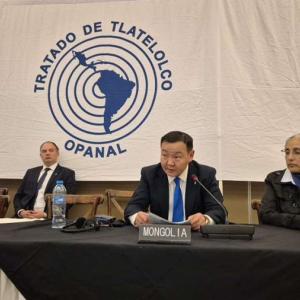
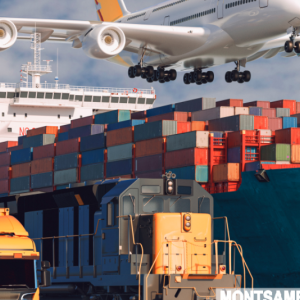
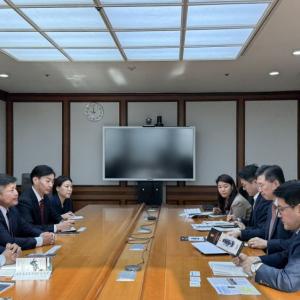
 Ulaanbaatar
Ulaanbaatar





